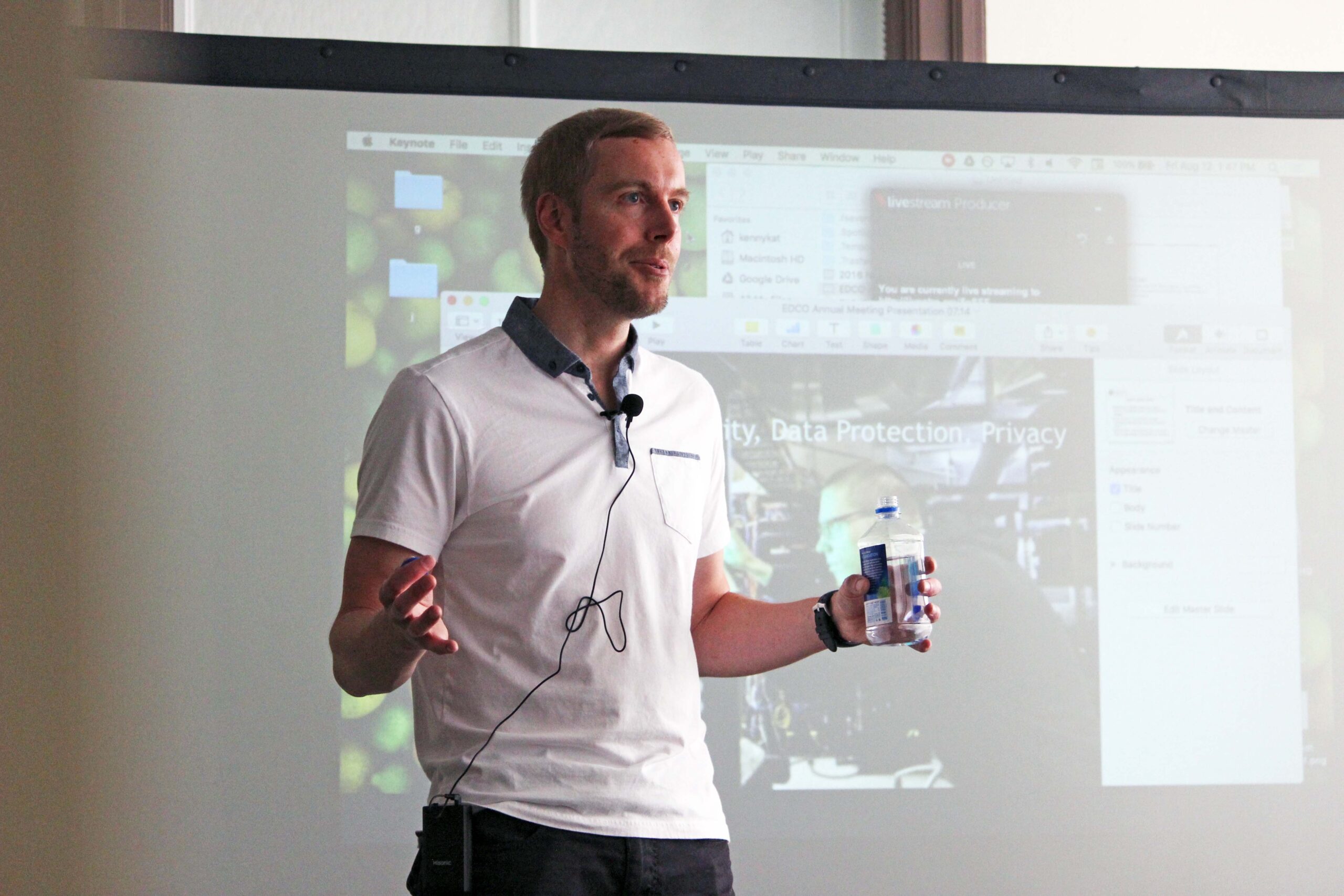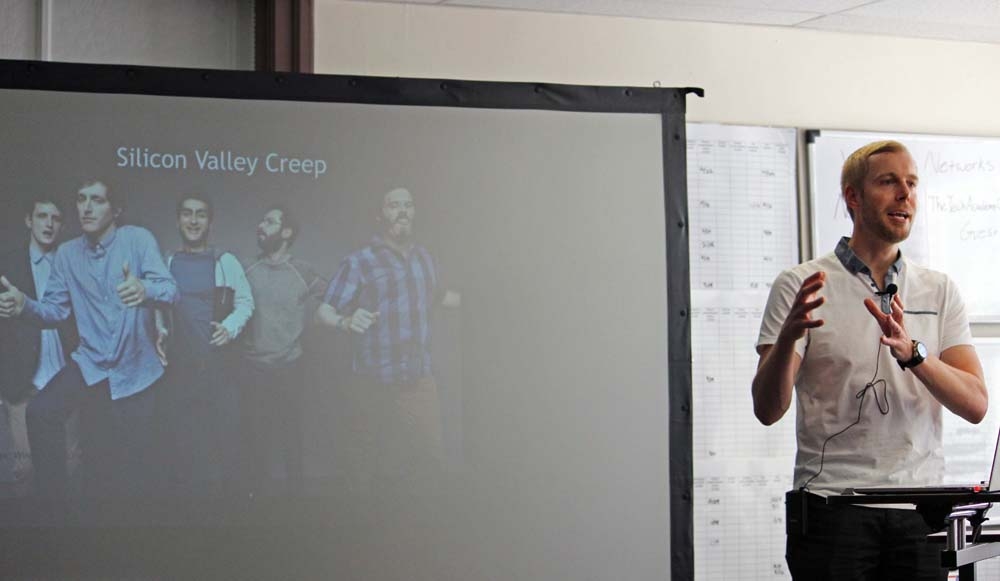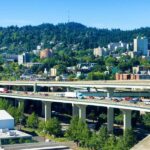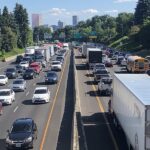Skip Newberry’s take on the future of tech.
On the third floor of an unassuming suite in downtown Portland, 30 or so aspiring tech workers gathered at The Tech Academy — a place where coding jargon, Python, CSS and modules, abounds — to hear Skip Newberry, head of the Technology Association of Oregon, talk about where their industry is headed.
Over the course of an hour, Newberry talked about why Oregon is the next tech hub, the dubious use value of some new technologies and why industry growth makes tech “the shining star of the trade sector.”
Here are a few nuggets from Friday’s lecture:
On the growing cyber security market:
Advances in technology have also fueled growth in privacy software and cyber security. Newberry said this sector is one of the fastest growing.
“We have to be proactive,” he said.
Why tech workers are fleeing California to Oregon:
“People have decided they want to be in a certain place and develop their manifest destiny, and the idea of technology happening anywhere is becoming a reality. This region is definitely a beneficiary of that.”

On the challenges of Smart Cities:
As more connected devices, such as smart fridges syncing to your phone, come online, privacy issues are gaining new scrutiny. Newberry says the more connected society becomes, the more challenges arise and the more policy guidelines will be required.
“[The issue] is much bigger than a smart toilet. (What’s a) little more troubling is where do we draw the line.”
“I don’t know if it’s a dystopian future rise of the machines, but there’s a dark path you can walk.”
Newberry also questioned the use value of some new technologies:
Referring to smart toilets or smart pens that tell the user when it’s out of ink, he said:
“We are (often) solving a problem that doesn’t exist.”
Cities, Newberry said, need to ramp up city planning efforts to solve infrastructure problems exacerbated by the flood of tech workers
As it stands, Oregon’s infrastructure [roads, housing, public transit] can largely support its residents. But as workers continue to move to Portland and the surrounding area, improvements will be necessary to maintain a functioning city.
“In 5 to 10 years (infrastructure) will be unbearable if we do nothing. At some point we’re going to be a victim of our own success.




